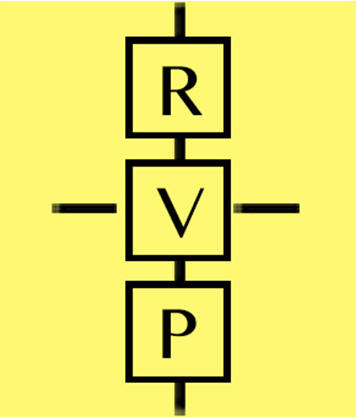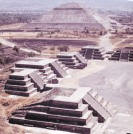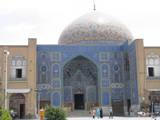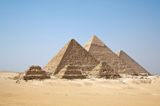|
AN INVITATION
THE ANNUAL SEMINAR
Responsibility Personal
and Social: Foundations for Life in a Global Age
August 22-September
24,
2011 Washington,
D.C.
The Challenge
Modernity
has been marked by a strong sense of individuals in
competition, whether persons or nations; its economic,
political and legal institutions have been constructed
on this basis. This brought great new rational
capabilities for the control and manipulation of the
objects of our material world and made possible new and
at times surprising ways for the affirmation of human
freedom. Breaking through the natural barriers that for
so long kept peoples in isolation from one another, it
now engaged the rich philosophical and cultural
heritages of the East with those of Ancient Greece and
Rome, and vice versa. The result is a time of great
challenge and great possibility.
Because
what is in question is the distinctive character of
contemporary civilization, any response must take into
account the plurality associated with the human
condition. It must consider what counts as knowledge in
order to assure that the mind is adequately open to the
issues of ethical concern and to perceive the new
insights emerging from the cultural interchange of
humanity.
It must also
examine the proper constitution of human persons and
recognize their creative imagination for cooperation
towards achieving a “better world”. This in turn must be
viewed not only in human terms but also in terms of a
more balanced and respectful interaction with physical
nature. In other words, any response to the challenges
presented by human civilization at the present stage
must take into account all that is relevant to a more
authentic determination of human action and indeed of
being or reality as such in order to integrate the new
insights already available and to develop those required
for a constructive response to the present global
crisis.
Response
Global pressures now generate
a renewed sense of the urgency to efforts to overcome
the excesses of the present paradigm based on
individualism, and to begin thinking in
more wholistic terms on a global scale. This requires
the cultivation of new capabilities to break beyond
self-interest and incorporate thinking in relational
terms. The goal, therefore, is to foster an
understanding of being human
for which the condition of being a member of society —
as family, community, and indeed the global whole — is
essential. In other words, the issue here is the
realization of an wholistic sense of human existence and
thereby promoting mutual understanding and a
constructive peace among human beings, cultures and
nations, religions and civilizations. In the words of
Emmanuel Levinas, this is a humanism of the other,
radically open to neighbor and willing to assume radical
openness to the transcendent.
The
seminar will explore possibilities for the renewal of
the ethical life in our global age, emphasizing two
fundamental concepts, namely, responsibility and
justice. This
will enable both philosophical articulation and
practical implementation of an ethical order that in the
circumstances of our lebenswelt
underscores the value of life and action in ways that
are ever more responsible and in accord with justice.
In
order to facilitate this conversation among the
participants and to stimulate the personal reflection of
each one of its members, the seminar will be structured
in four distinct moments:
1.
The principles of responsibility (with Max Weber and
Hans Jonas);
2.
The nature of responsibility (with Emmanuel Levinas);
3.
The transition from responsibility to justice (with Paul
Ricoeur); and
4.
The relevance of the cultural contributions from Asian,
African and Latin-American thought, as well as the
perspectives derived from world religions.
Seminar
Characteristics
Size:
restricted to under 20 scholars, in order to facilitate
intensive interchange around a single table;
Interdisciplinary:
in order to draw upon the contemporary capabilities of
the various humanities and sciences and to penetrate
deeply into the philosophical roots and religious
meaning of cultures;
Intercultural: to
benefit from the experiences and commitments of the
various cultural communities from all parts of the
world, to discover the particular problems of living
together in our day, and especially to envisage new and
creative responses;
Focused: a
single integrating theme, in order to encourage a
convergence of research and insights;
Duration:
5 weeks, in order to allow the issues to mature, the
participants to establish a growing degree of mutual
comprehension, and new insight to emerge;
Intensive:
analyzing in detail a set of related readings as well as
the papers planned in common and completed by each of
the participants; and
Publication:
the resulting volume(s), consisting of substantive
studies drafted during the seminar by the individual
seminar participants and intensively discussed by all
will reflect the work of the seminar and share it
with those thinking deeply on the problems of
contemporary life in their various cultural communities.
Application for
Participation
Applications
for participation in this seminar should be sent by
email by April 1, 2011, to cua-rvp@cua.eduand
include:
(1) a vita
describing one’s education, professional positions and
activities,
(2) a list of
the applicants’ publications,
(3) a letter stating your interest and involvement in
this theme and the relation of participation in this
seminar to your past and future work in philosophy and
related studies, and
(4) an abstract of a study(s) you might present as an
integral part of the seminar.
|







